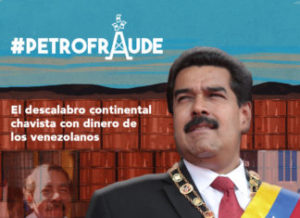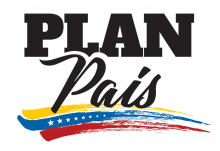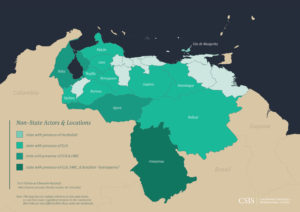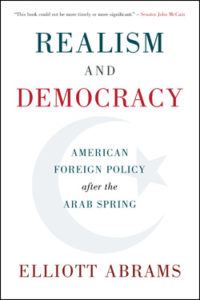 Venezuelan Socialist Party Vice President Diosdado Cabello on Saturday predicted U.S. Marines will “likely” enter the South American country, speaking a week after a confrontation between aircraft belonging to the two countries’ armed forces, Reuters reports (HT:FDD).
Venezuelan Socialist Party Vice President Diosdado Cabello on Saturday predicted U.S. Marines will “likely” enter the South American country, speaking a week after a confrontation between aircraft belonging to the two countries’ armed forces, Reuters reports (HT:FDD).
Two former ranking generals in Venezuela’s security services, now in exile, have been speaking out about what they see as rampant corruption and pervasive Cuban influence in the government of President Nicolas Maduro, VOA’s Martin Arostegui reports:
General Manuel Cristopher Figuera and retired general Hugo Carvajal…. who at different times headed the main branches of Venezuela’s security apparatus, offer stark views of the government’s inner workings, charging that torture is used “systematically” and that a Cuban security force protects Maduro. Carvajal has described Maduro as an “unscrupulous kleptomaniac” and both have described his government as the most corrupt in Latin America’s history.
 The generals are also critical of the latest round of EU-backed talks between the Venezuelan government and the opposition, which the EU has launched in Barbados. The “European Union should know it’s a fraud,” said Figuera, adding that “it is useless to negotiate with Maduro.”
The generals are also critical of the latest round of EU-backed talks between the Venezuelan government and the opposition, which the EU has launched in Barbados. The “European Union should know it’s a fraud,” said Figuera, adding that “it is useless to negotiate with Maduro.”
He said the Cuban protective force around Maduro has increased markedly in recent weeks to some 200 agents from around 20, Bloomberg adds. The U.S. and much of the West have sought to isolate Maduro, especially after his re-election last year in a race widely condemned as rigged and illegitimate, and get him replaced by Guaido. But Cuba, Russia, China, Turkey and Iran remain allies helping the regime stay in power, Figuera said.
US officials have accused Maduro and his allies of profiting from a food subsidy scheme as the country suffers acute shortages, the BBC adds:
For years, a “vast corruption network” made money from overvalued contracts while only a fraction of the food for the state-run programme was imported, the US treasury department said. It imposed sanctions on 10 people, including Mr Maduro’s three stepsons.

CSIS
Alex Saab, a Colombian businessman, allegedly ran a complicated network of shell companies that laundered money earned from overvalued government contracts meant for food subsidies, according to the Department of Treasury’s sanctions announcement. In total, 10 people were sanctioned and 13 businesses were blocked by the US Department of Treasury, notes the Organized Crime and Corruption Reporting Project (OCCRP), a partner of the National Endowment for Democracy.
Sanctions should be perceived as part of an effort to convince Maduro to step aside peacefully in exchange for the amnesty offer, even if that deal seems unsatisfying in light of the regime’s apparent crimes, according to a top U.S. official, The Washington Examiner reports.
 “If you look at every Latin American transition to democracy that I can think of in the last 30-40 years, there is a negotiation, and there is a kind of transitional justice that isn’t really justice,” said Elliott Abrams, the State Department’s special representative for the Venezuela crisis. “There is always some kind of compromise in which there is no perfect justice because country after country chooses peace, democracy, development over justice, frankly. It’s a compromise. And I think that that will happen in Venezuela.”
“If you look at every Latin American transition to democracy that I can think of in the last 30-40 years, there is a negotiation, and there is a kind of transitional justice that isn’t really justice,” said Elliott Abrams, the State Department’s special representative for the Venezuela crisis. “There is always some kind of compromise in which there is no perfect justice because country after country chooses peace, democracy, development over justice, frankly. It’s a compromise. And I think that that will happen in Venezuela.”
The National Press Club Headliners Newsmaker Program hosts an address by Venezuela’s Ambassador to the U.S. Carlos Vecchio, on “the current situation in Venezuela and the role the United States and the international community must play to aid the Venezuelan people.”
11 a.m. – July 30, 2019 Venue: National Press Club, 14th and F Streets NW, Washington, D.C.







